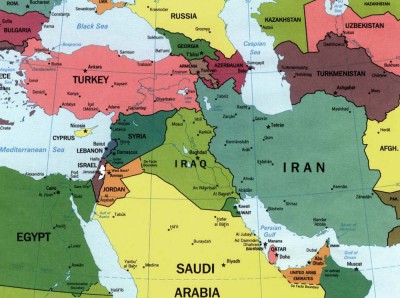
Ending Baathism in Syria requires a major war.
Syria has a population of 22million that is massively divided along religious and ethnic lines (10% Kurds). It has a Baathist tyranny better supported among that population than was Gadaffi who had considerable support and so a big war is in the very early stages of developing. The tyranny is very well armed and trained, and has ‘undegraded’ command and control, with massive numbers of police thugs, spies, and so forth. So, this will take some time and will involve Turkey for sure. Turkey is being quite open about being the regional power that will act if it must, and the Kurdish issue and PKK is clearly central to this.
Syria also has had a national conscription system that now leaves a great legacy of trained men who are now willing and partly able to take on the lawful tyranny in a civil war. Both sides have just observed what happened over 9mths in Libya, Tunisia, Egypt etc., in this year of continuous spring. So soldiers who are thinking about mutiny will be encouraged as the situation develops and the core forces of repression will be somewhat shaken by the visions they have just been witness to.
Fortunately for the masses of people in revolt, the Islamic cultural reality of Friday prayers and mass gatherings throughout the country to mobilize around, and the egged on or ‘shame’ factor of not being left behind when others have been brave and fought and grabbed their freedom ought not be underestimated. Confidence really ought to be up on the side of the revolution and down a bit at least among the tyranny despite its large support and vast quantities of military assets. Large scale mutiny is the most hopeful start to the next stage of ridding Syria of Baathists, but from at least the Turkish side, I can’t see how this fight can be left alone to develop as a ‘pure’ civil war for very much longer.
As I see this the Syrian army becomes muscle bound very quickly in most of the larger cities that have had the big demonstrations against Assad, and is quickly exhausted in the smaller towns especially near all the borders, and no doubt along the Euphrates river and Nth. East of that line. They are effectively an army of occupation and can obviously be spread too thin trying to hold everything so they currently are running around trying to appear to be everywhere. But spying and the in and out arresting duties of the secret police and so forth is the only way this regime can even continue to exist in huge parts of the country.

The young fighting men can and will be pissed off and fight back, as well as leave and cross the border into Turkey as we have seen in Jordan, Lebanon and Iraq. They will be greeted by the soldiers that have deserted and are already there as a determined rebellious armed force planning for either a long war, or rapid growth if the situation changes. This force will in the face of almost weekly reports of mass slaughter start to mount reply attacks deliberately to gain greater recognition and further stimulate recruitment. They are not refugees but a fighting force already trained and intent on overthrowing the people that they have fled from and who are still systematically killing their friends and family members, so they will find ways to fight right now and that keeps some of this fighting near the Turkish border.
The Turks are already permitting the establishment of an insurgent force and the Syrian tyranny can’t hit across the border as the Turks would respond immediately and massively. Turkey will remain the most important country able to impose the military action (similar to the NATO effort in Libya) and no other country has the stomach for this IMV. Turkey’s leadership has a vital interest identified and seems determined to advance its democratic reform program within Turkey that requires dealing with Kurdish liberation issues, and simultaneously with the current PKK that has been and still are hosted in all the neighbours.
Turkey has no territorial ambitions but regularly has crossed its borders and beat up on the PKK and is still doing so right now so it looks like the perfect storm for a war to develop.
The Syrian tyranny is continuing to systematically murder the Syrian people and can’t stop this brutality. They can’t undo the way they rule with terror police as the core to their control across a vast part of the country. They can only now exist by holding guns over the people of very many towns and villages and cities of Syria. The Syrian army is now an army of occupation that fears intervention from the far larger Turkey. The army has too much to do and is rotting so it has no prospect of stopping the small fights and the constant flight that the activities of the secret police etc., ensure will continue. Eventually it will be unable to patrol near the border for fear of hit and run, then hit and advance attacks that will be mounted near population centres. They will not be able to use air power against the freedom fighters.
No doubt if war breaks out the western international community would turn a blind eye and hope for the end of the Assad regime as one aspect of the outcomes that in some cases would happen in days of a mass Turkish incursion. The Turkish armed forces would not have to liberate large Syrian population centers, all they have to do is prevent the Syrian forces from surrounding and suppressing the people they are currently intimidating near the Turkish border and then allowing the rebel force that they currently protect in Turkish territory to return and be protected in very much larger form in Syrian territory. They would then hand over all the arms required by the new Syrian regime that they recognize and try to continue to take steps back over time as the Syrian civil war is fought. Seems straight forward but wars don’t work to plan, let alone time-tables, and other sides usually have a bit to say. What we have here in abundance is other sides.
But though I feel sure that a large war is coming and how it gets going won’t matter much this is too complex for me to get a handle on. What follows from the current suppression of the Syrian masses by the Baathists is that a war of liberation must breakout if democracy is part of the demands that are thrown on the table. These demands are on the table and Turkey must comply with the international body that approves of the end of the war. The UN determines when the end is and the new government is given the UN seat. Given that 3,000 are already dead and lots more are disappeared the war is going in one sense already.
Once Turkey gets involved then the NFZ and or destruction of the Syrian air forces in a big war comes up and NATO naval forces would also get drawn in with blockade work and U.S. spy assets etc.. The Syrian army would be rapidly isolated in large areas of Syria and then systematically destroyed if it lacks air power. If this war were to eventuate Turkey is bound to follow through and cut up the army that is spread too thin trying to hold down large population centres. That will end the period of secret police activities and see heavy arms rapidly distributed to the population that is more than willing to put them to use. That is I suppose the ideal first stage for putting a stop to the way the Baathists run Syria.
The Baathists can now enter population centers unopposed, but provided the opposition run around and avoid much fighting they can’t stay and comfortably regain control everywhere at once. Neither can they do what the Russians have done in Grozny because that will bring on the required intervention. If they can’t use heavy weapons and can’t avoid continuous small arms skirmishing then they will over time be driven from the bigger cities that are in revolt. The soldiers cant stay in their tanks and can’t avoid snipers and so the insurgents will be able to organise and grow. IMV Turkey wants to intervene and will intervene if the Baathists use air power, or they start to use the heavy weapons.
Without air power the Syrian army eventually won’t be able to enter some of the larger cities without being defeated because the supply of anti-tank weapons etc., will flood in from Turkey with the blessing of the whole world. Then the civil war will unfold and finally ought to draw in the U.S. from the Mediterranean. NATO ought to be redeploying from the Libyan theatre now. There will be much work for the A10′s.
I can’t see a ‘cheaper’ way of ending the Syrian Baathist tyranny as they are far too strong at the moment, just like the Libyan tyranny was before they were seen to be about to defeat the rebels in Benghazi and the intervention was launched. That was when I hoped for Egyptian intervention. It would have sped the liberation that has now come to Libya even without that intervention and with all the costs to the libyan people.

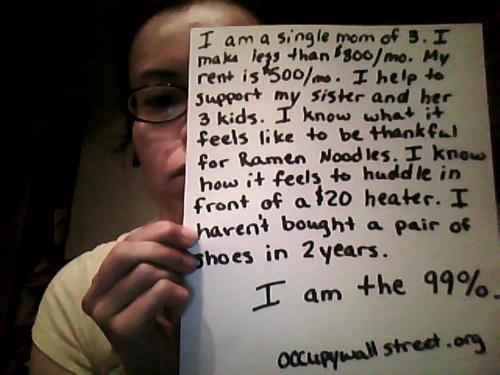
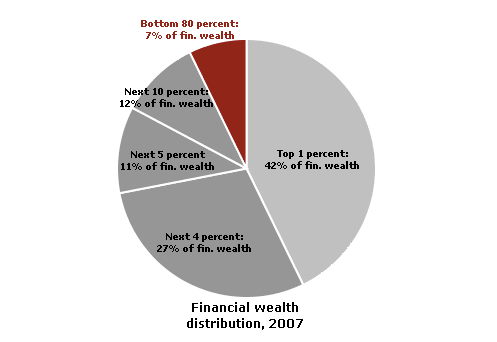
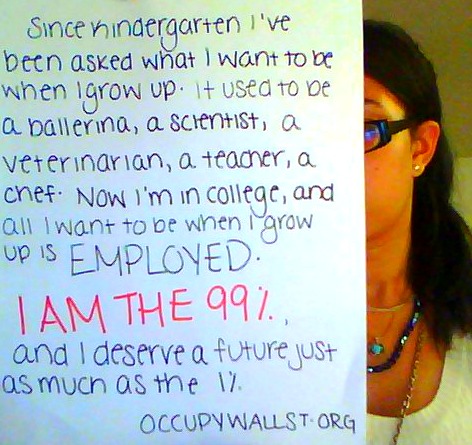


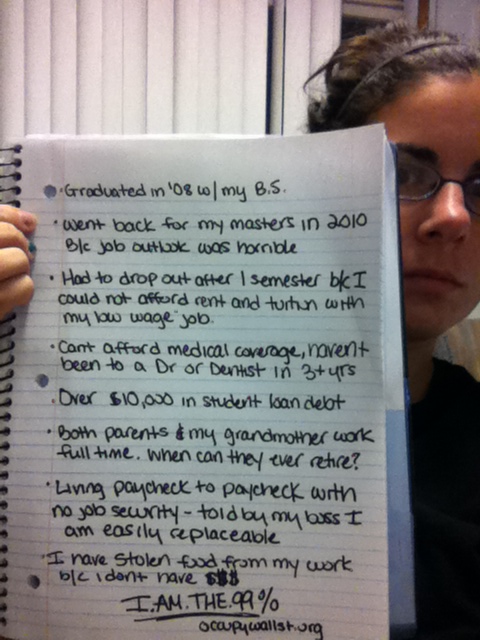

Recent Comments